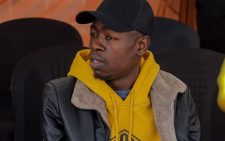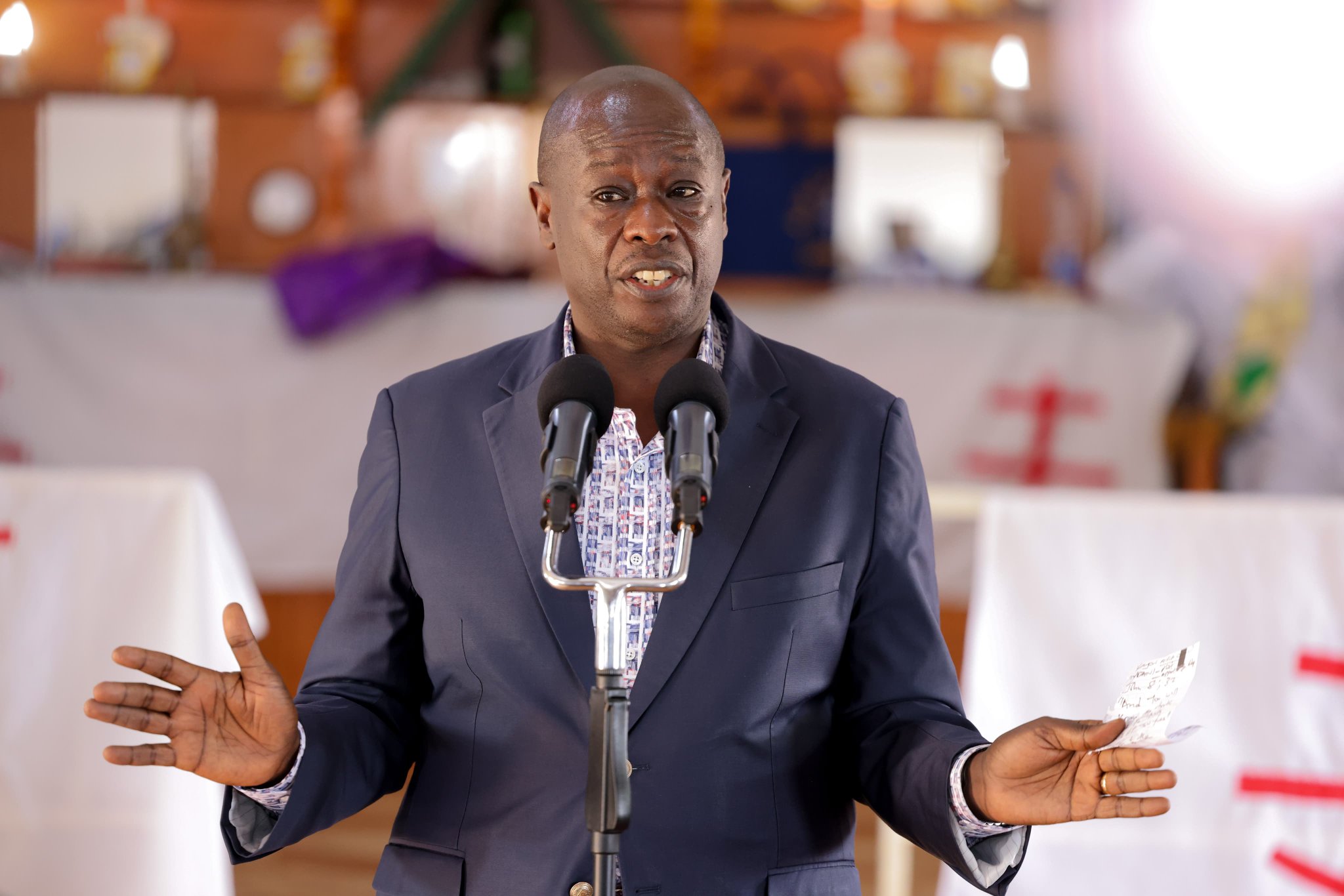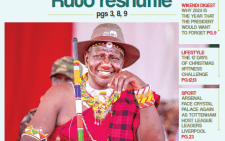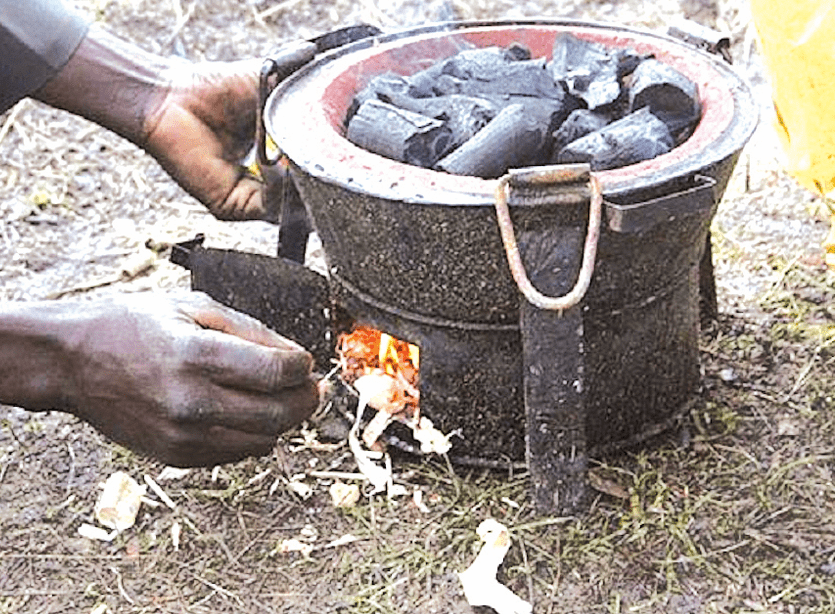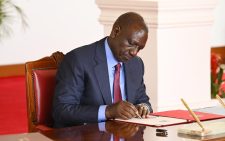Living with disability amid Covid
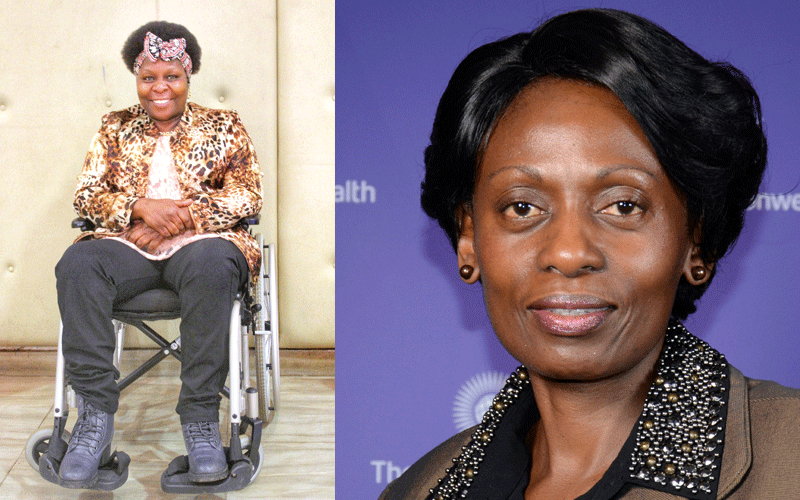
Harriet James @harriet86jim
February 12, 2000, is a day Esther Maguta will never forget. She was from a friend’s pre-wedding party in Ruiru and was headed to Thika when a car hit them in a car they were travelling in.
“That accident rendered me a paraplegic, meaning I do not have feelings from the waist down,” says Esther.
Based on the 2019 census, 2.2 per cent of Kenyans live with some form of disability, with women making the bulk at 2.5 per cent, compared to men at 1.9 per cent.
Approximately 1.16 million people (26.2 per cent) of the population faces disability in their mobility.
All over the world, persons with disability (PWDs) face various challenges such as lack of universal access in buildings, extreme poverty, high unemployment rate as well as poor provisions of education and health services.
Ever since Esther learnt she would be confined to a wheelchair, things haven’t been the same.
She constantly thinks of the man who caused the accident, whether he would have the courage to face her and confess how he feels after maiming her.
Up to this date, she has never been compensated for the damage done while others who were in the same vehicle were.
“It is very clear what the accident did to me. Where is the justice? Will I be compensated when I am dead?
Is there anyone out there who can help me get compensated? Which office should I go to?” The last time I appeared in court was in 2003.
My lawyer then was on maternity leave, so her partner came to the court without all the documents and was so scared that he withdrew my case! Who does that? I am yet to know which way to go,” she laments.
Out of reach
Esther has now learnt how to accept her situation. However, she has had to face stigma from her close relatives, things that have shattered her heart.
“A relative had the audacity to tell me in hospital that I should repent for my ancestors sins, mine or my relatives.
Others would tell me that if only I had enough faith, I would be healed,” Esther narrates, saying on a different occasion the same relative shook everybody’s hand except hers because she thought Esther would infect her with a disease or have her confined to the wheelchair.
Esther’s parents had set up a hardware business for her in Thika, but it closed down after her accident as she was unable to run it.
She resorted to open a general supplies outlet, until the Covid-19 pandemic shook the country.
“The pandemic came and brought businesses to a standstill others, even collapsed completely.
In my case I have been doing general supplies to schools and institutions depending on the PWD tenders, but the schools closed and I was rendered jobless,” she says.
Through her story, Esther is glad to have found new purpose and is inspiring and encouraging others to find hope.
She is also involved in a Spinal Injury Survivors disability group, where they run 100 Days of Dryness Challenge to raise awareness on plight of thousands who don’t have funds to regularly buy diapers.
“The sad truth is this basic need is well out of reach of many spinal injury victims who, as a result, live reclusive lives and are unable to participate fully in society irrespective of them having gifts and talents to showcase.
I know cases where girls are told by their parents to choose between adult diapers and food,” she says.
The baggage that goes with disability is sometimes just too much.
“Most people don’t remember that we sometimes get bowel and bladder incontinence.
Some of us need medication for it, others have to use adult diapers, urine bags, uridom for men, intermittent or indwelling catheters and the list can go on,” she adds.
Additionally, women with disability are worst hit when it comes to violence. Some are beaten, tortured, stolen from, raped, locked up and demeaned.
The society also has it in their minds that such people love begging and sometimes Esther would find people who give the money thinking that she needs it.
Double burden
“What we actually want is being empowered. Show me how to do business or some land and you will see how good some of us are when it comes to farming.”
Dr Josephine Ojiambo of the Peter Ojiambo Foundation says although little research has been conducted on disability in Kenya, a review of available studies reveals the extent to which PWDs have suffered, been marginalised and left to the mercies of well-wishers.
From the discrimination experienced in job opportunities, to lack of inclusive programming, they have been the poorest of the poor.
“Their suffering seems to be growing especially during Covid-19. For the PWDs, all the general challenges associated with the pandemic certainly apply.
Firstly, getting information has been difficult for persons with hearing, vision and even cognitive disabilities as popular sources of information are not easily available.
Secondly, their access to testing and routine medical services has been interrupted as efforts shift to addressing the pandemic.
The third challenge is in relation to the recommended public health strategies such as hand washing or even social distancing.
For people with certain physical disabilities, frequent washing of hands is not always feasible,” she says.
Dr Ojiambo adds that the call for tele-working and stay at home has even exacerbated loneliness PWDs have to endure as social support groups are not able to meet and even if they meet virtually, it is met with myriad challenges ranging from access to the internet, sign language interpretation among other problems.
She commends the various projects the government has put in place including cash transfers, assistive devices, economic empowerment programmes.
Dr Ojiambo bagan the foundation in 2015 in memory of her son Peter, who had dedicated his life in training young people on how to use technology and entrepreneurship to earn a living.
During this pandemic, the organisation is working to empower PWDs with knowledge on how to sustain themselves.
“Our group has just completed a study that establishes and explores the vulnerabilities among PWDs in Kenya with the Covid-19 dynamics.
The study provides recommendations for PWDs, caregivers, communicators, programmers, policy makers and legislators to effectively respond to these vulnerabilities,” explains Dr Ojiambo.
The study was sponsored by the Hygiene behaviour change coalition and Amref.
She says the findings yield an honest understanding of vulnerabilities PWDs face daily, more so at the present time.
“These awareness and sensitisation drives could be carried by public service announcements, on the social media, through music and animation, in schools, learning institutions, health facilities and work bases.
The awareness can be shared through messages from churches and religious groups, through community based NGOs, through businesses, and at family and community levels,” says Dr Ojiambo.
She calls for inclusion of PWDs in decision making to ensure responses are tailored appropriately and that the vulnerability of PWDs.

